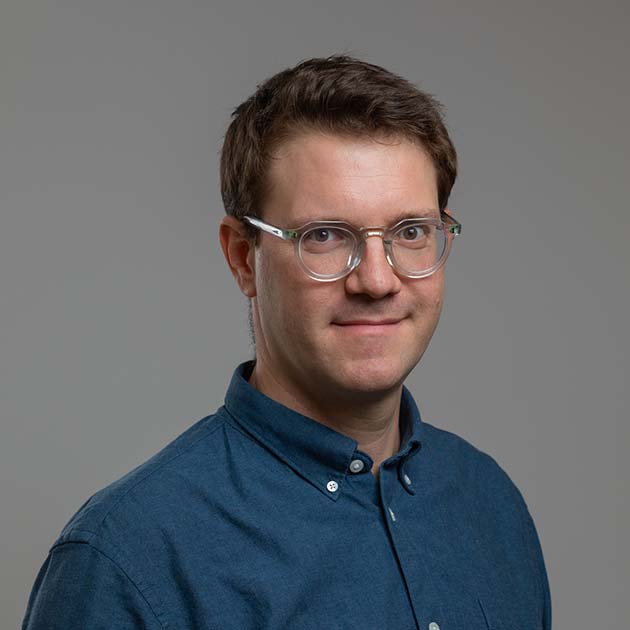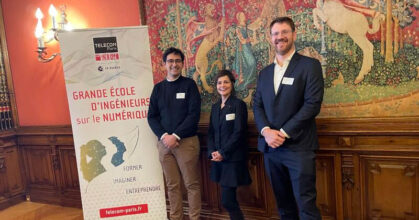Équipe de recherche :Research Team:
Interaction, Technologie, Activité (Interact)Interact (Sociology Psychology Ergonomics)
Laboratoire :Laboratory:
Institut Interdisciplinaire de l’Innovation (i3)Interdisciplinary Institute of Innovation (i3)
Département :Department:
Sciences Économiques et Sociales (SES)Economics and Social Sciences (SES)
Panos Mavros is Assistant Professor in Ergonomics, Design and Digital in the INTERACT team (Interaction, Technology, Activity) of the Economics and Social Sciences department.
He studied Architecture at the National Technical University of Athens (NTUA), Greece and Digital Media at the University of Edinburgh, UK. He completed his PhD at The Bartlett Centre for Advanced Spatial Analysis (CASA) at University College London, where he specialised in the perception and experience of urban spaces, focusing on spatial cognition research, and the use of psychophysiological methods, such as mobile EEG, as way to understand the interaction between people and the environment. Subsequently he worked as a postdoctoral researcher for several years at the Future Cities Laboratory of the Singapore-ETH Centre, conducting research on the topic of Cognition Perception and Behaviour in Urban Environments.
Panos’s research interest is directed towards the links between design and behaviour, how to understand and simulate the behaviour of people in the built environment, and its implications for the development of new interaction designs. In particular, his focus is how people experience and feel in architectural and urban spaces, and the study of navigation behaviour and decision making in different environments.

Indoor and Outdoor Spatial Computing: an awarded project
Design interaction perception, Faculty Members — 16/10/2024The joint project "In-and-Out" between Panos Mavros, Télécom Paris, and Jakub Krukar, [...]
Dîner Prestige 2023 : fibre optique, durabilité, neuroscience à l'honneur
Faculty Members — 24/11/2023Plus de 30 donatrices et donateurs ont contribué au financement de trois projets de recherche [...]


